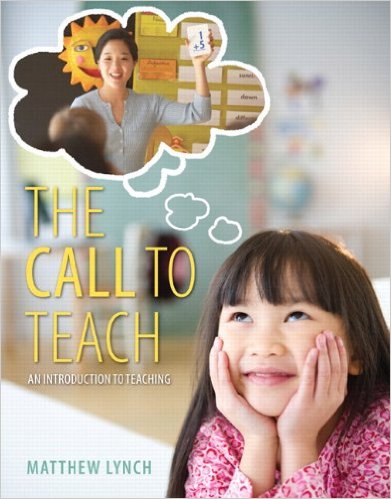Are Bilingual Programs Worth the Extra Effort and Expense?

The debate on the best way to educate ELL students continues, with little promise of a clear-cut way to proceed emerging anytime soon. Meanwhile, the diversity of languages spoken in U.S. schools continues to expand. Languages include Spanish, Hmong, Urdu, Arabic, Russian, Chinese, Polish, Korean, Tagalog, and Swahili…and that doesn’t cover everything! Achieving the goal for all students to obtain a satisfactory level of learning is often compromised by the cultural, social, and language differences among various groups. The inability to provide the best approach for the learning needs of ELL students places them at greater risk of falling behind.
The original enthusiasm for bilingual programs has diminished, and these programs are now criticized as ineffective. Support for the immersion model has also declined, and initial supporters now believe ELL students simply aren’t learning English quickly and thoroughly enough. They now suggest that the immersion program does not facilitate ELL students’ ability to cope with American culture, not only in school but also beyond school boundaries. The slower learning curve experienced by ELL students in immersion programs may plague them for the rest of their lives.
This belief is based on research suggesting that Hispanics who were enrolled in bilingual programs from the 1970s through the 1990s have earned less money on average than Hispanic students educated during the same period in an English-only setting. Hispanic high school dropouts who were in English-only classrooms are also fewer in number and more likely to return to school later. Immersion makes it difficult for the teacher to provide support for all students’ needs. In the case of a complex assignment such as a research paper, language and usage are challenging even for fluent students. The further complication of using a second language puts ELL students at a serious disadvantage if they don’t have special support. The immersion method of teaching has yet to establish itself as an effective program for minority students.
Supporters of the transitional and developmental models insist that students taught at least some of their core academics in their native language can better keep pace with their English-speaking peers. According to research studies, transitional instruction in both the native language and English helps students learn English more quickly and effectively. Transitional instruction helps students become more literate in their native language, which in turn improves their ability to learn English.
An issue that complicates the education of the ELL learners is the lack of training among teachers and the apparent lack of urgency on the part of states to ensure highly qualified ELL teachers. Most states have no requirements for new teachers to demonstrate competency in ELL instruction. And most states do not have incentives for teachers to pursue a license or endorsement in ELL instruction. Regardless of the model chosen, qualified teachers are necessary for quality programs.
Bilingual programs—are they helpful or harmful? Please leave your thoughts in the comment section below.






